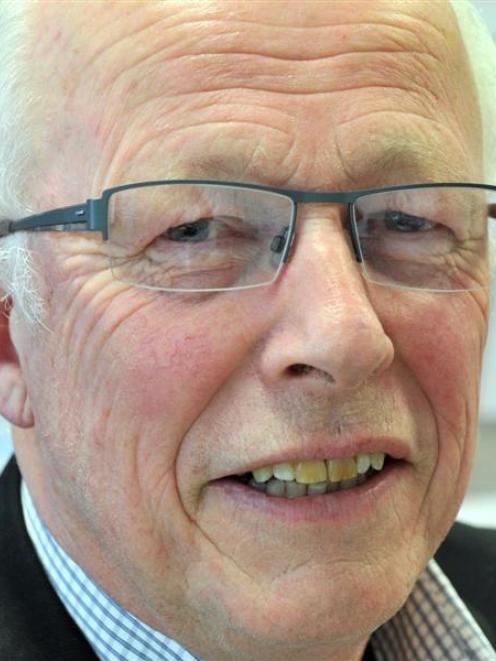
The figure, from the polytechnic's 2014 graduate outcomes report, is up 5% on the corresponding 2013 figure.
It is also more than 10% higher than the national average, as measured by a national students' association survey earlier this year.
The polytechnic's report also found 35% of students working while studying were working full-time, up 1% on the 2013 figure.
Polytechnic communications manager Mike Waddell said the figures were ''a direct reflection'' on the polytechnic's flexibility.
''We cater for those that can study fulltime and work. We try to provide a flexible environment for that,'' he said.
''I'm sure that a reduction in the amount of workload would be really good, but there are also positives in being able to work, as well. It keeps your feet on the ground.
''But we need to acknowledge that can be very hard to manage at times.''
The report also found 26% of students were continuing to study after graduating and the overwhelming majority of them were continuing their studies at Otago.
An overwhelming majority of students (94%) was also found to be satisfied with their studies at the polytechnic, which was welcome news, Mr Waddell said.
However, the report noted, those who were not satisfied overwhelmingly came from the polytechnic's Auckland campus.
Mr Waddell said that was probably because the Auckland campus had been established just three years ago and was still ''new''.
''We're acutely aware of those issues. And we're determined that we want to understand that further and want to do more about that,'' he said.
''It's a small percentage, but small or large, we take it very seriously.''
Comments from the polytechnic's less-satisfied students were appended to the end of the report.
Some graduates said the polytechnic's programmes were disorganised, confusing, or ''not work-relevant'', while others said the course was useful, but ''too expensive in the end''.
''It was quite expensive for what we got,'' one commenter said.
''Good investment,'' another commenter said, ''but I found the pricing to be extreme, especially since it was distance learning.''
Of the 610 graduates who answered a question about whether they would recommend the programme to others, 38 said ''no'', and of the 609 who responded to a question about the programme being worth the time and monetary investment, 60 graduates said ''no''.
Mr Waddell said ''all comments are really valuable, whether they're good or bad or whatever''.
''Because if you know about them, you can attend to them and do something about it,'' he said.
''I'm surprised at some of the comments, but they are helpful.''
The report also noted a marked disparity between the income earned by male and female students following graduation.
The disparity had nearly tripled in size since the 2013 report - from women earning $2860 less than men in 2013 to female graduates earning $8440 less in 2014.
However, that disparity was flipped at the postgraduate level, the report noted, where female graduates earned 127% of the male median salary.
''The majority of graduates were from postgraduate programmes in occupational therapy and midwifery, which have a higher proportion of females than males,'' a report summary said.
''The 2013 report identified [a] similar finding.''












